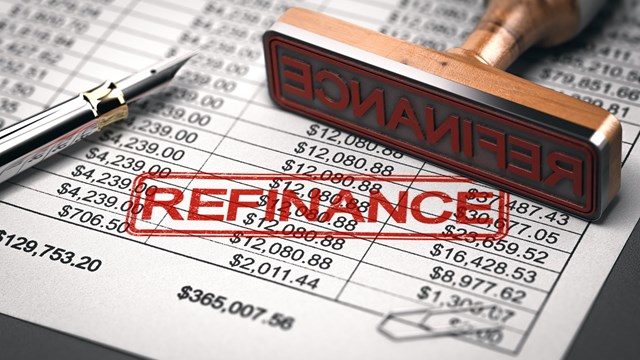---Fiscally Aware
“Many factors affect boards’ decisions regarding debt, including required repairs and capital improvements to the building, the amount of monthly maintenance paid by the shareholders, the ability of the shareholders to pay assessments on top of maintenance, other potential sources of income for the cooperative such as transfer fees, and current interest rates. Usually, the borrowed funds are used to fund capital repairs or improvements or to increase a reserve fund in anticipation of such needs in the future. The monthly debt payments, however, affect the maintenance payments. If the maintenance increases above a rate that brokers consider acceptable for the particular building and its apartments, the high maintenance can affect the marketability of the apartments.
“Generally, the decisions regarding debt are up to the board of directors, but in a small number of cooperatives, the governing documents place limitations on the amount of debt that may be incurred. You should check the proprietary lease, by-laws and certificate of incorporation for your cooperative. If there are no limitations on debt in these documents, then the board’s decisions regarding debt are only subject to what is known as the “business judgment rule”. Under this rule board the must act (1) within the scope of its authority, (2) in a way that legitimately furthers the corporate purpose and (3) in good faith. So long as self-dealing or other personal misconduct is not present, boards are given a great deal of legal leeway in meeting these standards. If the board has not acted within the scope of its authority under the business judgment rule, its decision can be challenged by the tenant-shareholders and, if necessary, subjected to judicial scrutiny. Unless you have reason to believe that the board has not acted in accordance with the business judgment rule, its determination on the appropriate amount of debt cannot be challenged legally. That should not prevent you, however, from raising your concerns about the cooperative’s debt at the next meeting of shareholders.”







Leave a Comment